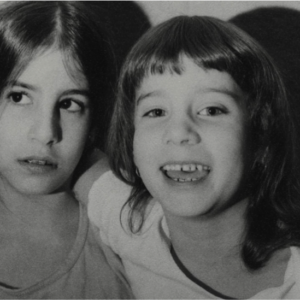
By Gregory Crofton
In 2008, after years of enduring the darkest miseries of mental illness, a photographer and artist committed suicide in her Manhattan loft. She left behind 15 notes to various loved ones, and plenty of food for her cats in case people didn’t find her body quickly.
Ruth Litoff was an unusual and an intense person.
Other documentaries have looked at suicide and its aftermath. “THE WOODMANS” (2010), about the photographer Francesa Woodman, is the first film to come to mind.
“32 Pills: My Sister’s Suicide” sets itself apart because its director, Hope Litoff, falls back into alcoholism while sorting her sister’s art, journals and other personal possessions six years after her suicide.
Her first drink in 16 years is a double vodka on ice with two olives. A film editor by trade, she shoots the event with her phone. Never has a drink looked so good. Of course it probably tasted awful, and the decision to return to drinking is a bad one for her.
Litoff, the director and star of the film, is what makes “32 Pills” a compelling film. She is a beautiful woman who becomes the film’s protagonist, one you care about and are invested in. It’s easy to imagine that her sister Ruth was similarly magnetic when she was alive.
Outside loads of her photographs, diary entries and drawings — which are many and quite wonderful — what’s missing from the documentary are recordings of Ruth speaking on camera or audio tape. In a recent Salon article, Hope said she had filmed her sister for short documentary she made back in college but decided to trash all that footage because she wasn’t happy with how the project turned out.
Fortunately there are a few seconds of Ruth on speaking on camera at the very end of the film. She says how much she cares about her sister. It’s a sentimental way to close out a powerful and interesting documentary, airing now on HBO, about the impact of mental illness.
